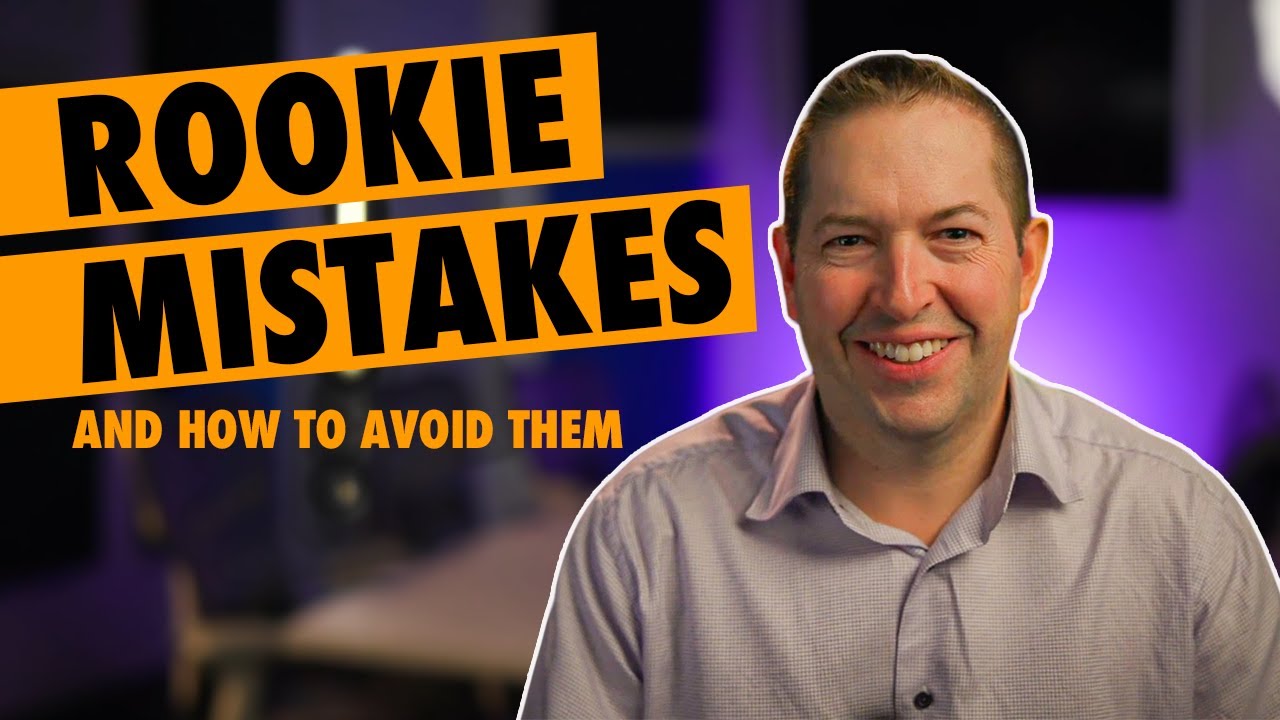The 5 Most Common Sales Rep Rookie Mistakes (And How to Avoid Them)

What separates rookies from seasoned sales rep pros? After 20 years optimizing distribution sales teams through process and technology, our CEO, Chris Van Ittersum has identified five key behaviors of seasoned sales pros that can shrink new rep ramp-up time from 6-9 months to just weeks in some cases. In this article he breaks down each behavior, what they look like in the wild, and shares simple ways to instill them in your team.
#1: Relationship Building
What rookies do
Rookies often take a transactional, quota-focused approach that customers can smell a mile away. They might rush through sales calls, failing to engage in small talk or ask about the customer’s business and personal life. They might ask about the customer’s weekend but it’s obvious the connections they make are not deep and meaningful.
What seasoned pros do
Pros see customers as people first, and take time to understand their world beyond the immediate sales opportunity. They ask about the customer’s family, business challenges, and big-picture goals because they actually want to know the answer. This helps them spot opportunities to add real value and earn trust. For example, they might send a thoughtful gift after learning about a customer’s hobby or connect them with a helpful business contact.
Action step
Have rookies shadow the pros to observe their relationship-building skills in real time. Seeing something before doing something is a great way to learn, and it primes them for our next behavior, which is…
#2: Active Listening
What rookies do
Rookies can be quick to pitch, slow to listen. They might interrupt customers or jump to proposing solutions without fully understanding the problem. They may also fail to take notes or ask follow-up questions. How many conversational gates did the rep fail to walk through because they had their eye on the sale, and how did that make the customer feel?
What seasoned pros do
In sales conversations, pros are laser-focused on understanding the customer’s needs, stated and unstated. They take detailed notes, ask clarifying questions, and let the customer do most of the talking. They summarize what they’ve heard to confirm understanding and demonstrate that they’re truly listening. When the customer feels heard, they feel like you have their best interest in mind and are more likely to trust you. And trust, as we all know, is the basis of a profitable, long-term business relationship.
Action step
Require reps to document each customer interaction to lock in active listening, and have them summarize often throughout the call. It’s hard to miss important-but-unsaid things when you’re laser-focused on what the client is actually saying, and by summarizing throughout the conversation, you demonstrate your commitment to the customer.
#3: In-Depth Product Knowledge
What rookies do
Rookies often lack the product knowledge to inspire customer confidence and overcome concerns. They might stumble when asked about specific features, applications, or competitive advantages because they haven’t taken the time to learn the product catalog inside and out.
What seasoned pros do
Seasoned pros master their products. They know every SKU’s specs, alternatives, margin profile, and competitive positioning. This allows them to confidently match solutions to needs and handle objections with ease. They can fluently discuss how the product solves specific customer challenges and provide relevant case studies.
Action step
Hold regular product deep dives and provide battle cards reps can study. Find ways to gamify learning and point out when their product knowledge directly contributed to a customer win. Over time, the anxiety most reps feel when a customer presents a problem or objection will disappear, and the customer will continue to place more trust in them.
#4: Disciplined Follow-Up
What rookies do
Studies show it takes 5-10 touches to turn a prospect into a customer. Rookies give up too soon, while pros understand consistent follow-up is just part of the game. Rookies might send one or two emails and move on, or struggle to vary their outreach methods. They forget that follow-up is an act of service, not an annoyance.
What seasoned pros do
Turning a prospect into a loyal customer often takes 5-10 contacts, sometimes more. Pros have the persistence and creativity to keep showing up, knowing that “not now” often means “not yet”. They might alternate between phone calls, emails, LinkedIn messages, and mailed gifts. They’re always looking for new ways to add value, such as sharing relevant industry articles or inviting prospects to events. They know their product/service will help the customer, and they see it as an act of service to follow up until they’ve earned the opportunity to deliver.
Action step
Set clear activity benchmarks for follow-up and provide tools to automate tracking. Help your reps maintain perspective on what follow-up really means – it’s not about pestering the prospect or customer until they acquiesce to the next sale. Your product/service makes their lives easier and it’s your duty to help them understand why or how. Tell your reps to follow up knowing they’re doing their customers a service.
#5: Strategic Time Management
What rookies do
Rookies let their day control them. They might spend too much time on administrative tasks, get distracted by low-priority emails, or fail to prioritize high-value sales activities. They spend their days reacting.
What seasoned pros do
Seasoned pros control their calendar with intention, time-blocking the highest-ROI activities during peak productivity windows. Maybe they batch non-selling work to protect their selling time. Maybe they dedicate the first two hours each day to prospecting calls and schedule proposal writing for the afternoon slump. Everyone is different and no two reps need to have the same approach, but seasoned pros know how and when they’re most effective and structure their days accordingly.
Action step
Have reps adopt a leader-approved time-blocking template as a starting point. This will make them more efficient in the office, sure, but it will cultivate the mindset of intentionality which will have ripple effects into all other aspects of their lives, making them more well-rested, more reliable, and better able to sustain a high level of performance.
Summary
The key to fast-tracking rookie success is making these five veteran behaviors – relationships, listening, knowledge, follow-up, and time management – automatic through training and reinforcement. If you notice your reps exhibiting any of the rookie tendencies described above, take action now to course-correct.
Implement the corresponding action steps for each behavior and consider reaching out for a free 15-minute consultation with one of our top sellers. They’ll review your team’s approach and provide personalized advice on instilling these veteran behaviors to shrink ramp-up time and unlock your rookie reps’ full potential.





